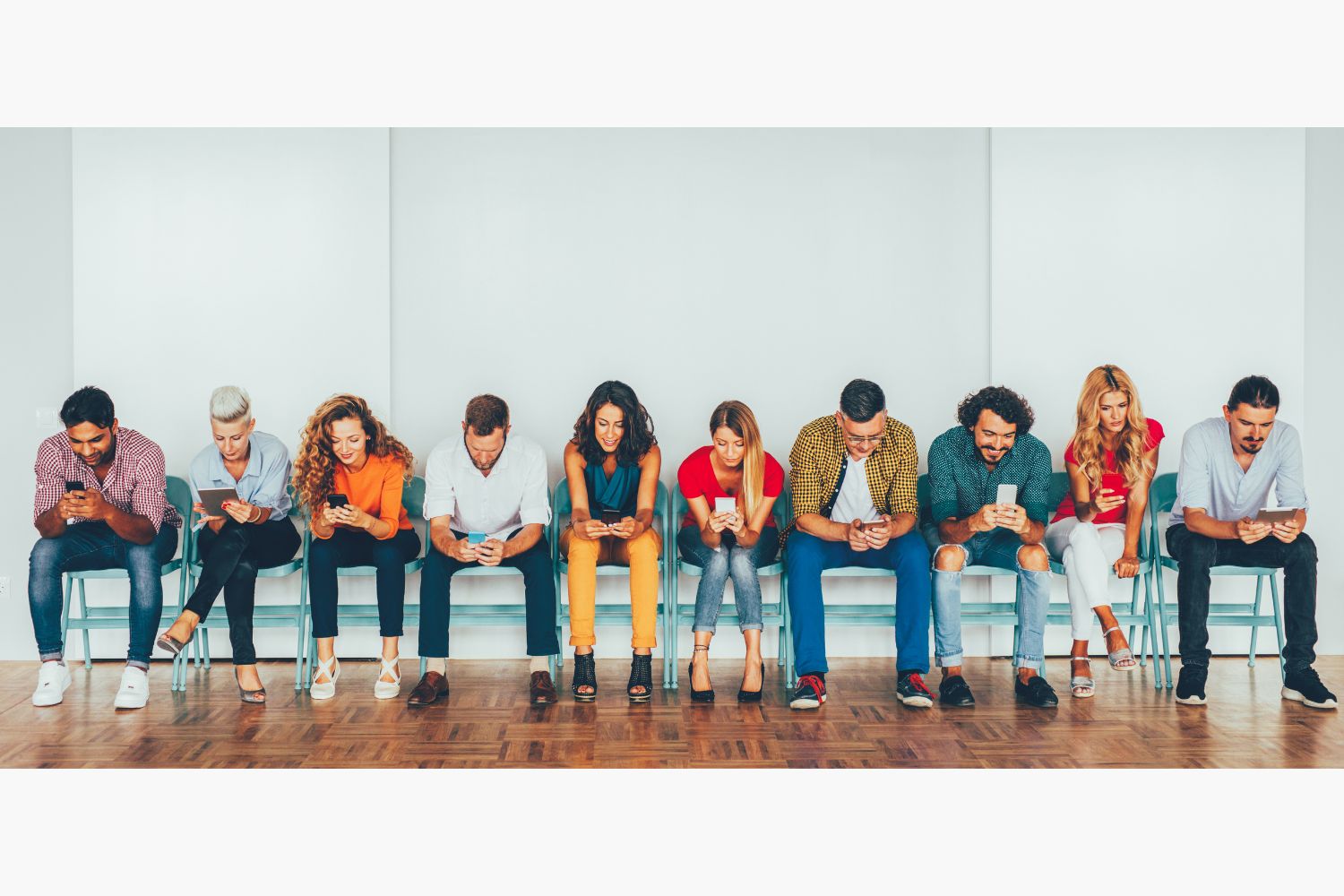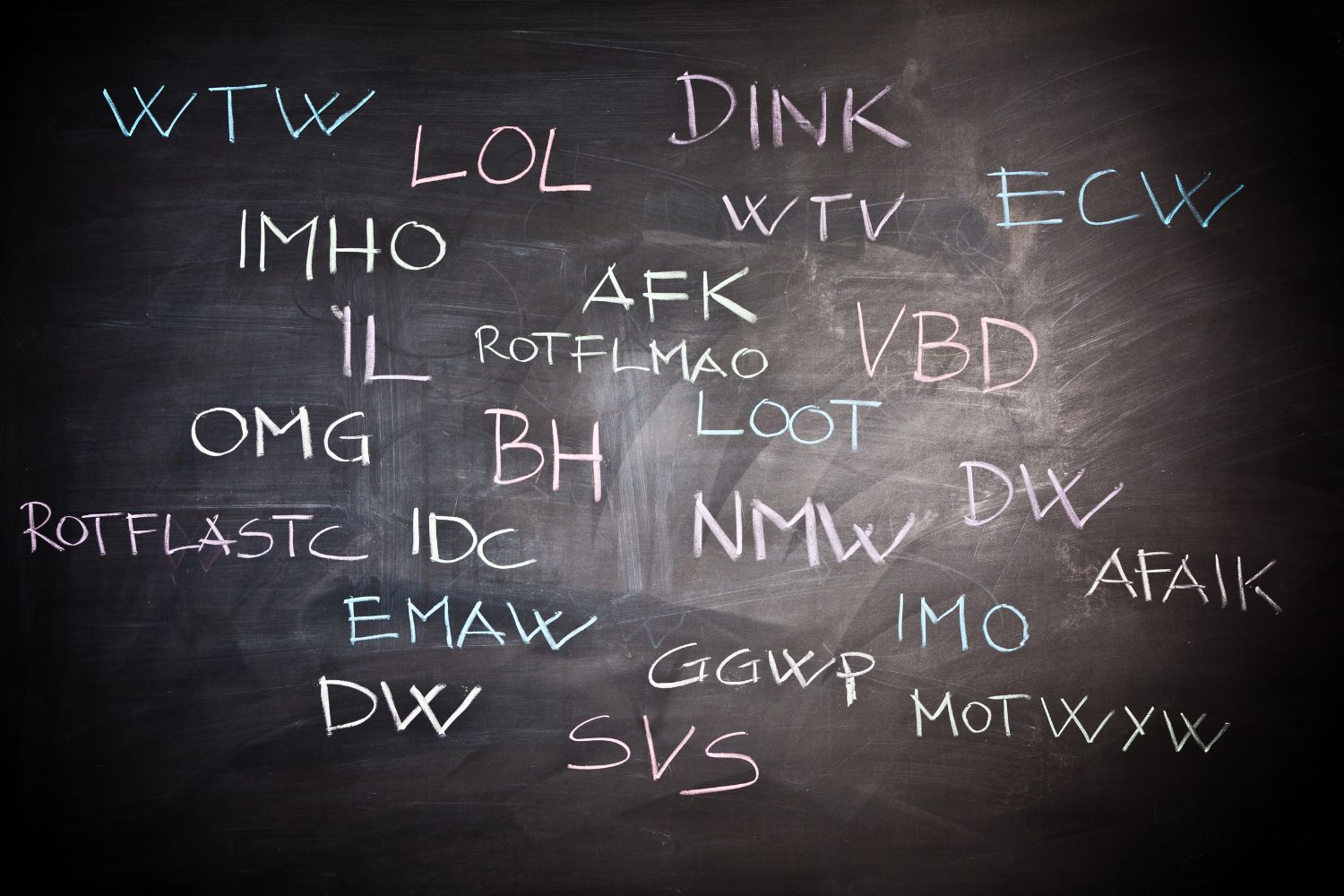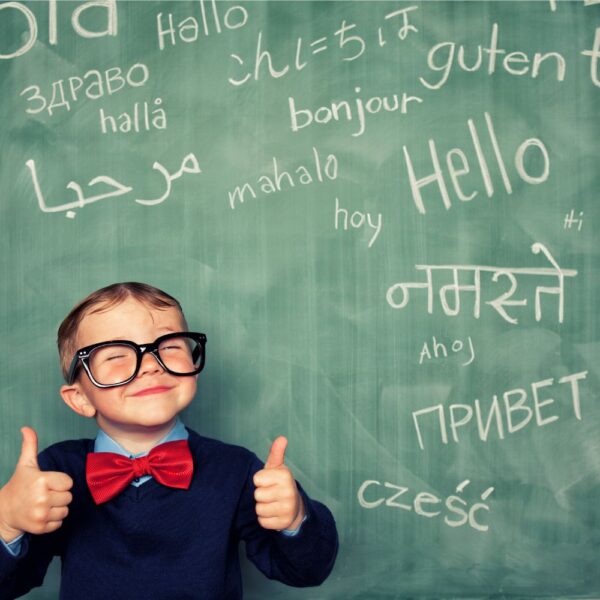The Dynamic Dance: Exploring the impact of social media on language

In the ever-evolving landscape of communication, social media has emerged as a powerful force shaping the way we interact, share information, and express ourselves.
One intriguing facet of this digital revolution is its profound impact on language evolution.
Social media platforms are known for their character limitations. Twitter, for instance, imposes a strict 280-character limit on tweets. This constraint has given rise to a unique form of linguistic creativity, forcing users to condense complex thoughts and emotions into concise messages.

Acronyms, abbreviations, and emojis have become integral to this new language, allowing for expression within the confines of a tweet.
The Rise of New Linguistic Norms
The language of social media is a melting pot of various linguistic styles and influences. Internet slang, memes, and hashtags have become a shared language among users across different cultures.
This convergence of linguistic norms has led to the creation of a global online community, where users from diverse backgrounds can communicate using a common set of expressions.
Influence on Spelling and Grammar
The informal nature of social media communication has led to a relaxed approach to spelling and grammar. Users often employ shortcuts and abbreviations, and in some cases, intentionally misspell words for humor or emphasis.

While this might raise concerns about linguistic standards, it also showcases the adaptive nature of language in response to the needs and preferences of its users.
Language Evolution in Real Time
Unlike traditional forms of communication, social media allows for real-time language evolution. Neologisms, or newly coined words, can spread rapidly and become widely adopted within a short period.
The viral nature of trends on social media platforms contributes to the quick dissemination of linguistic innovations, reflecting the dynamism of language evolution in the digital age.
Inclusivity and Linguistic Diversity
Social media provides a platform for voices that might have been marginalized in traditional media. This inclusivity has led to the incorporation of diverse linguistic elements, including regional dialects, slang, and expressions specific to various communities.
As a result, social media serves as a catalyst for the preservation and celebration of linguistic diversity.
Challenges and Controversies
While social media contributes to linguistic innovation, it also raises challenges. The spread of misinformation and the potential for the reinforcement of linguistic stereotypes are concerns that accompany the rapid evolution of language on these platforms.
Striking a balance between linguistic creativity and responsible communication is an ongoing challenge in the digital age.
Social media’s impact on language evolution is undeniable, with the digital realm serving as a dynamic laboratory for linguistic experimentation. The compression of language, the emergence of new norms, and the real-time evolution of expressions all contribute to a linguistic landscape that is both exciting and challenging.

As we navigate this evolving linguistic terrain, it becomes crucial to appreciate the transformative power of social media on the way we communicate and express ourselves in the 21st century.
Teneo Linguistics Company (TLC) is a certified small, woman-owned business that specializes in a variety of customizable language services in over 200 languages. Learn more about how TLC can support your company with professional, reliable, and secure services at www.tlctranslation.com.





